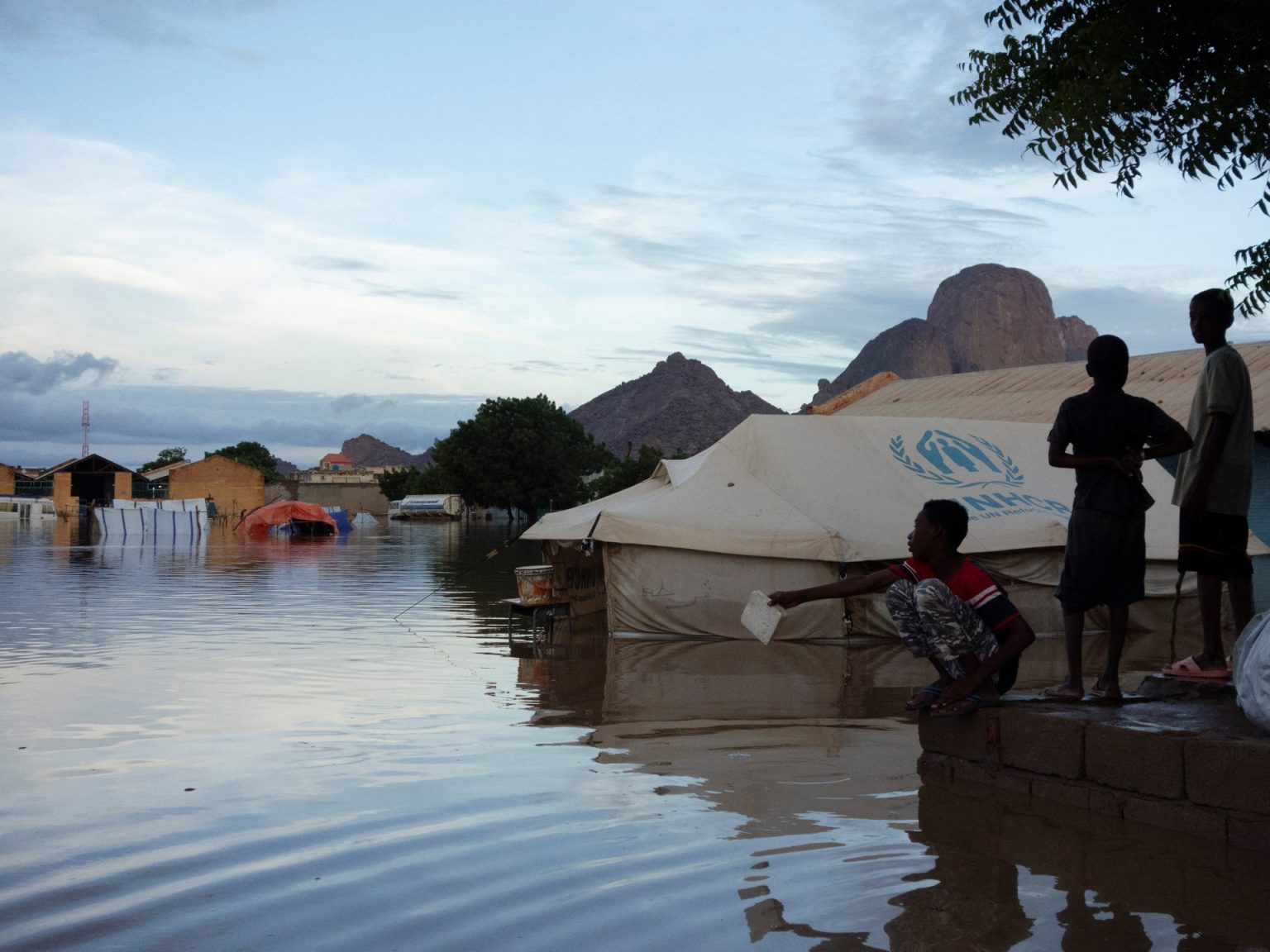Climate change is contributing to a growing refugee crisis, with the number of people displaced by conflict doubling to over 120 million in the past decade. The UN Refugee Agency (UNHCR) reported that three-quarters of the world’s forcibly displaced people are living in countries heavily affected by climate hazards. Half of these displaced individuals are located in regions facing both conflict and serious climate-related hazards, such as Myanmar, Somalia, Sudan, and Syria. UN High Commissioner for Refugees Filippo Grandi emphasized that climate change is a harsh reality for the world’s most vulnerable populations, compounding their plight and leaving them with nowhere safe to go.
The report highlighted the situation in countries like Sudan, where 700,000 people were forced to flee war to neighboring Chad. While Chad has been hosting refugees for years, it is also highly exposed to climate change, putting those who remain in Sudan at risk of further displacement due to severe flooding. Similarly, more than 70 percent of refugees from Myanmar have sought safety in Bangladesh, where extreme weather events like cyclones and flooding are common. Climate activist Grace Dorong, a former refugee herself living in South Sudan, emphasized the urgent need for decision-makers to address the impact of climate change on forced displacement and take action to mitigate its effects.
The UN report was released at COP29, a climate meeting in Azerbaijan attended by delegates from nearly 200 countries. The summit opened amidst warnings that 2024 is on track to break temperature records, adding urgency to the discussion around climate funding. However, larger countries like the United States and China did not send top-level delegations, raising concerns about the commitment to addressing climate change on a global scale. UN special representative on sustainable energy Damilola Ogunbiyi stressed the importance of climate finance, noting that only 15 percent of investments in clean renewable energy go to the Global South.
The recent election of Donald Trump as US president has further intensified the debate around climate change, with Trump threatening to withdraw the US from the Paris Agreement. This has added a sense of urgency to the climate summit discussions, as the international community grapples with the need to ramp up efforts to combat climate change and support vulnerable populations affected by its consequences. As the world faces escalating climate hazards and a growing refugee crisis, it is crucial for decision-makers to listen to the voices of those directly impacted and take concrete steps towards sustainable solutions that prioritize climate action and support for displaced populations.













